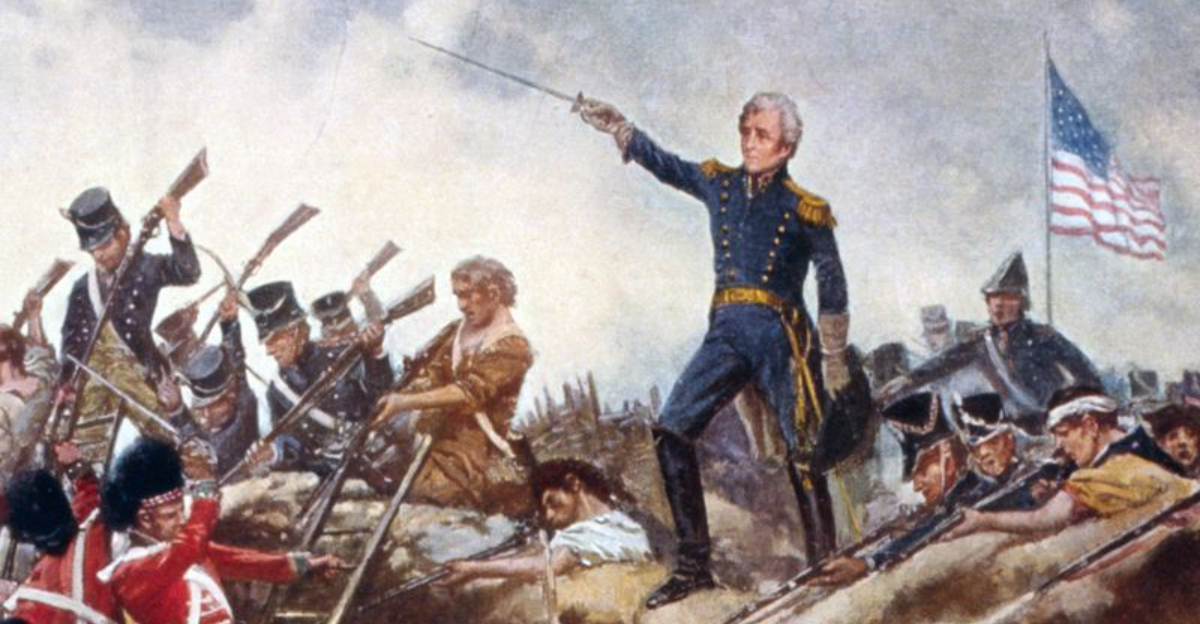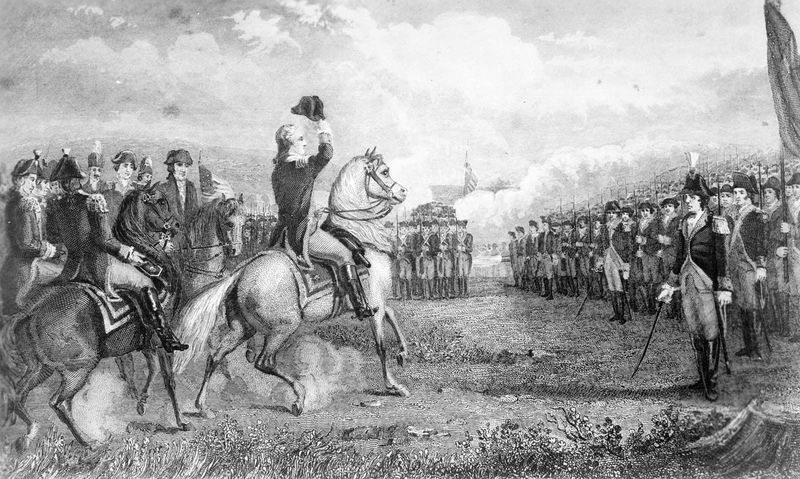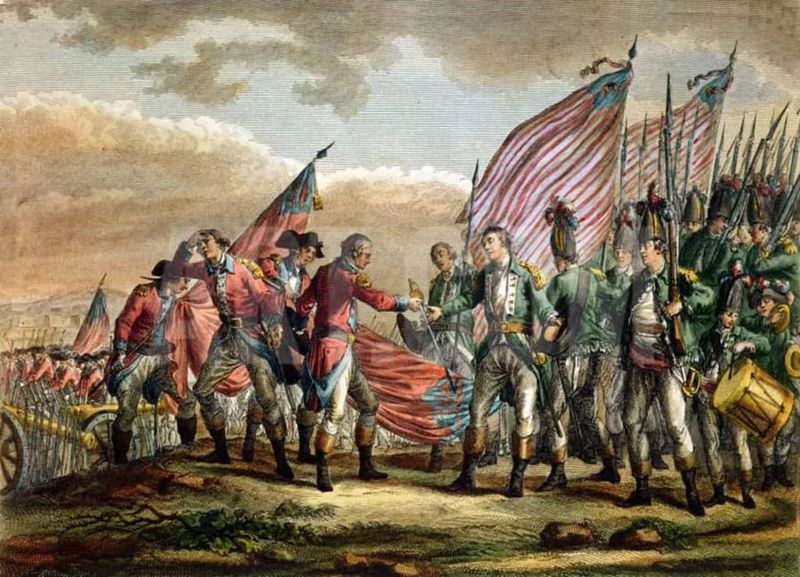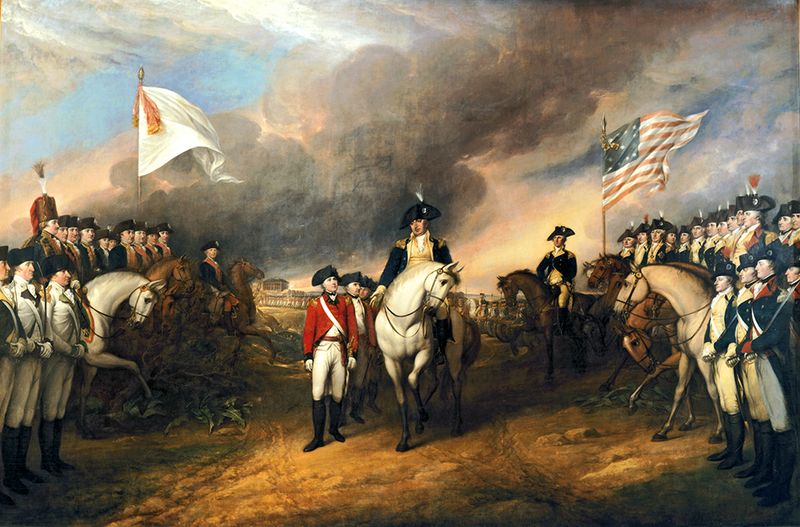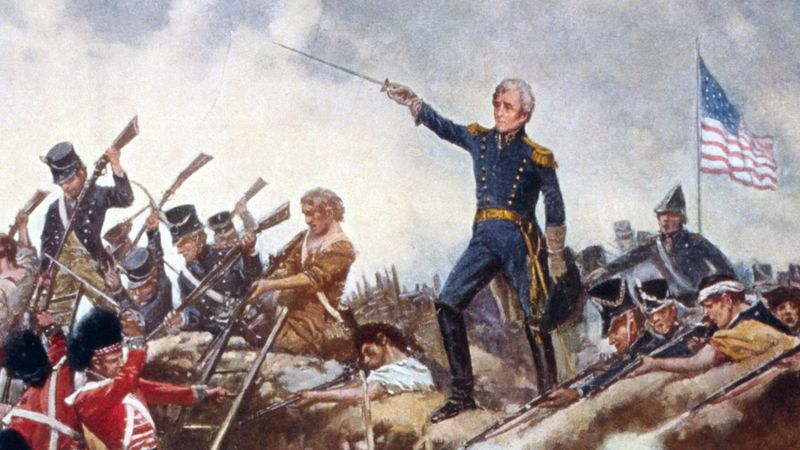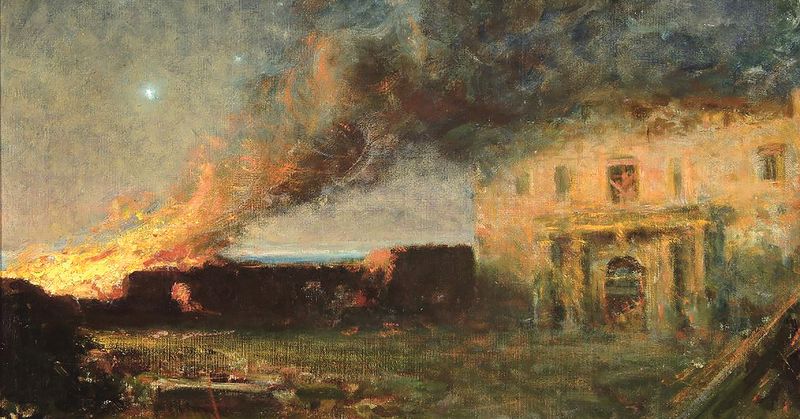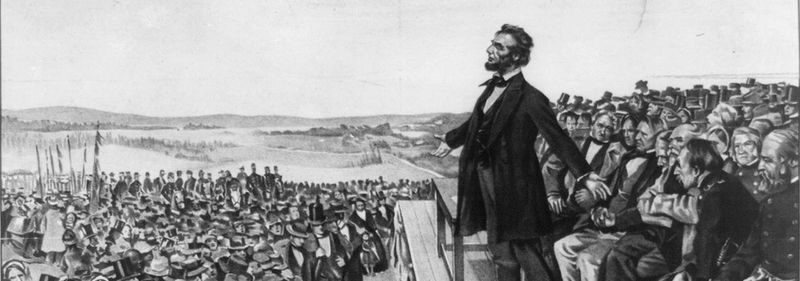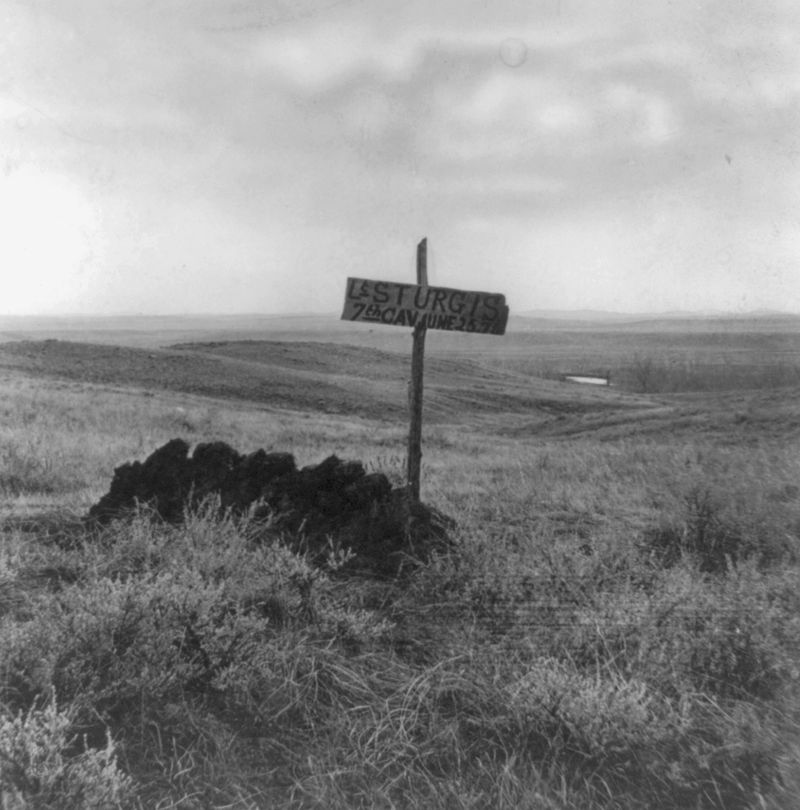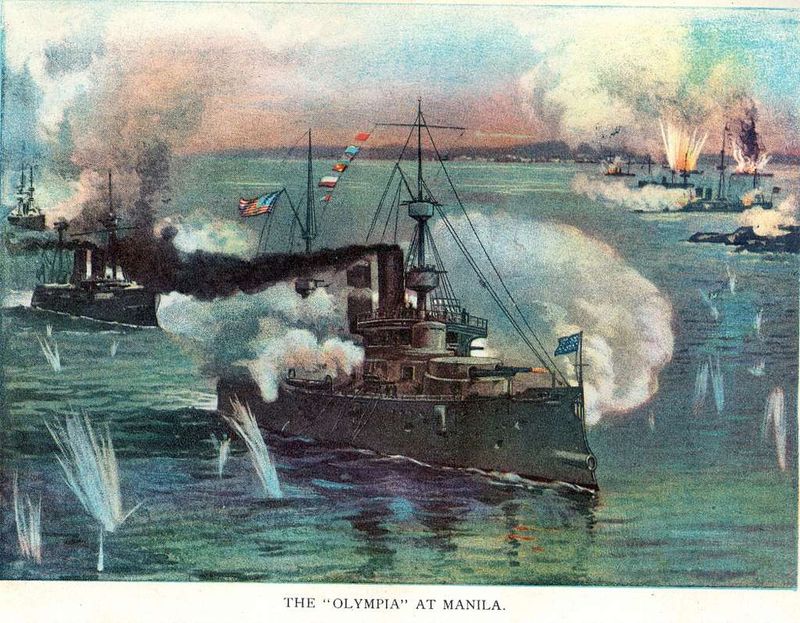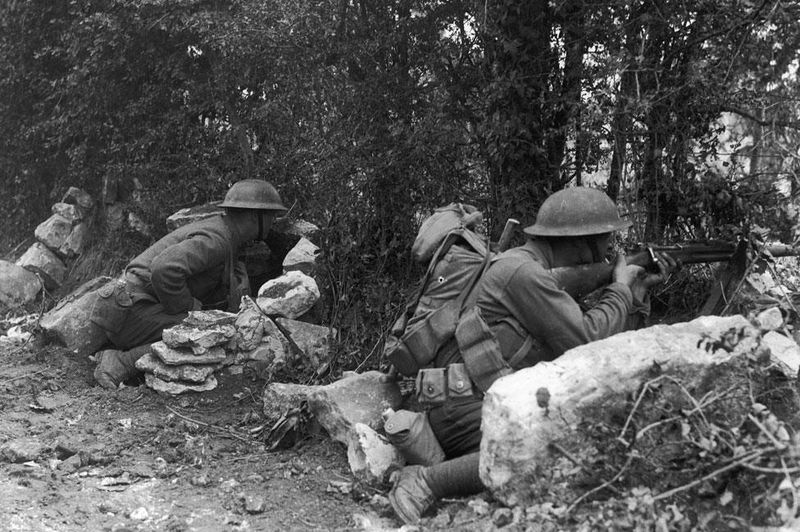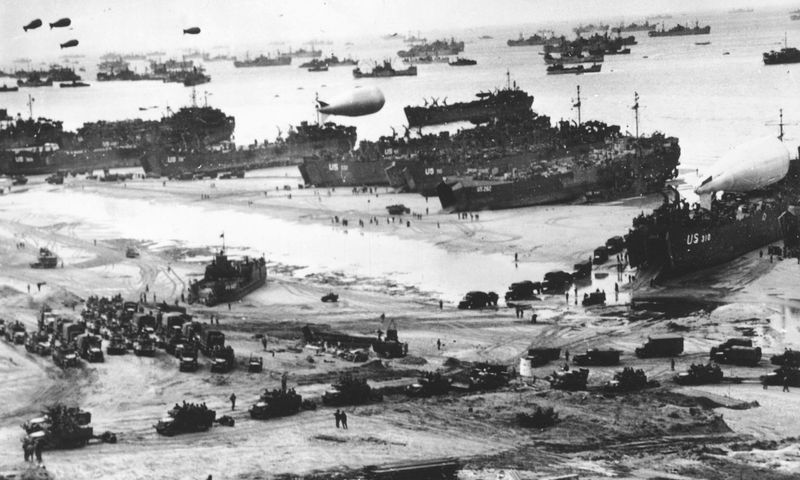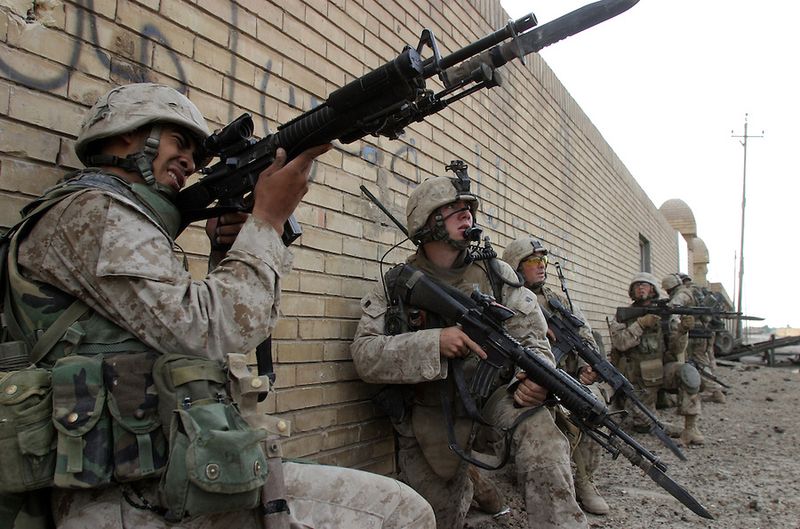History loves a good story. And when it comes to America’s wars, the line between fact and legend often gets a little blurry. These 12 battles didn’t just shape the nation—they spawned myths that continue to influence how we see American history today.
1. Battle of Bunker Hill (1775)
In a fog of gunfire and grit, the Battle of Bunker Hill is often remembered as a colonial victory. The reality? The British technically secured the win but at a staggering cost, foreshadowing their struggles in the Revolutionary War.
The phrase “Don’t fire until you see the whites of their eyes” adds a dramatic flair, though its origins are debated. Fascinatingly, this battle ignited American resolve, setting the stage for future resistance.
2. Battle of Saratoga (1777)
Amidst rustling autumn leaves, the Battle of Saratoga symbolizes a crucial turning point in the American Revolution. Yet, it wasn’t just an American triumph. European allies, particularly the French, played key roles.
The collaboration with Native American scouts was critical, showcasing a blend of cultures and strategies.
The victory convinced France to formally join the American cause.
3. Battle of Yorktown (1781)
The myth of Washington’s lone heroism at Yorktown overlooks the joint Franco-American operation that sealed British defeat.
French naval prowess was pivotal, cutting off British escape. This battle marked the war’s effective end, leading to American independence.
4. Battle of New Orleans (1815)
The Battle of New Orleans, often misunderstood as decisive in the War of 1812, actually occurred after peace was declared in the Treaty of Ghent.
General Andrew Jackson’s victory is legendary, despite being unnecessary. The battle’s myth catapulted Jackson to fame, becoming a symbol of American resilience.
5. Battle of the Alamo (1836)
The Alamo’s legacy is tinged with heroism and tragedy. Contrary to the romanticized depictions, Davy Crockett possibly surrendered before his execution.
“Remember the Alamo” became a rallying cry, symbolizing Texan resilience and sacrifice.
6. Battle of Gettysburg (1863)
Gettysburg, often heralded as the Civil War’s decisive end, was more a turning point than a finale.
The conflict endured for nearly two more years, but Lincoln’s Gettysburg Address later imbued the site with profound symbolism.
7. Battle of Little Bighorn (1876)
Custer’s Last Stand at Little Bighorn is shrouded in misperceptions of gallant defiance. In truth, Custer underestimated Native forces.
While a tragedy for the U.S. Army, it was a significant triumph for the Lakota and Cheyenne, resisting U.S. expansion.
8. Battle of Manila Bay (1898)
The U.S. triumph at Manila Bay is marred by the myth of liberation. The victory over the Spanish fleet masked America’s subsequent suppression of Filipino independence ambitions.
This battle marked the dawn of American imperialism in Asia.
9. Battle of Belleau Wood (1918)
Belleau Wood remains etched in Marine Corps legend, cementing their reputation as “Devil Dogs.”
While pivotal, it was part of a broader Allied offensive. The ferocity of the Marines contributed significantly, though not singlehandedly.
10. D-Day – Battle of Normandy (1944)
D-Day’s portrayal as an American endeavor omits the crucial roles of British, Canadian, and other Allied forces.
The Normandy invasion was a grand collaboration pivotal for liberating Europe from Nazi control.
11. Battle of Inchon (1950)
General MacArthur’s daring Inchon landing is often praised for turning the Korean War’s tide. However, the conflict lingered for years, ending in a tense stalemate.
The landing exemplified strategic brilliance yet didn’t guarantee swift victory.
12. Battle of Fallujah (2004)
Fallujah stands as a fierce urban conflict during the Iraq War, popularly misconceived as a clean victory.
High civilian casualties and the battle’s brutal nature fueled further insurgency.
